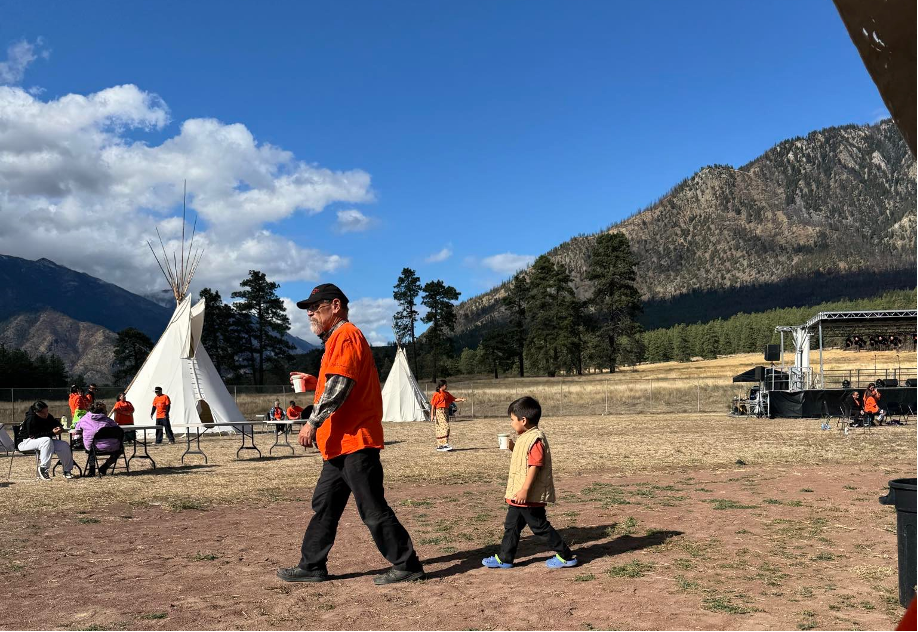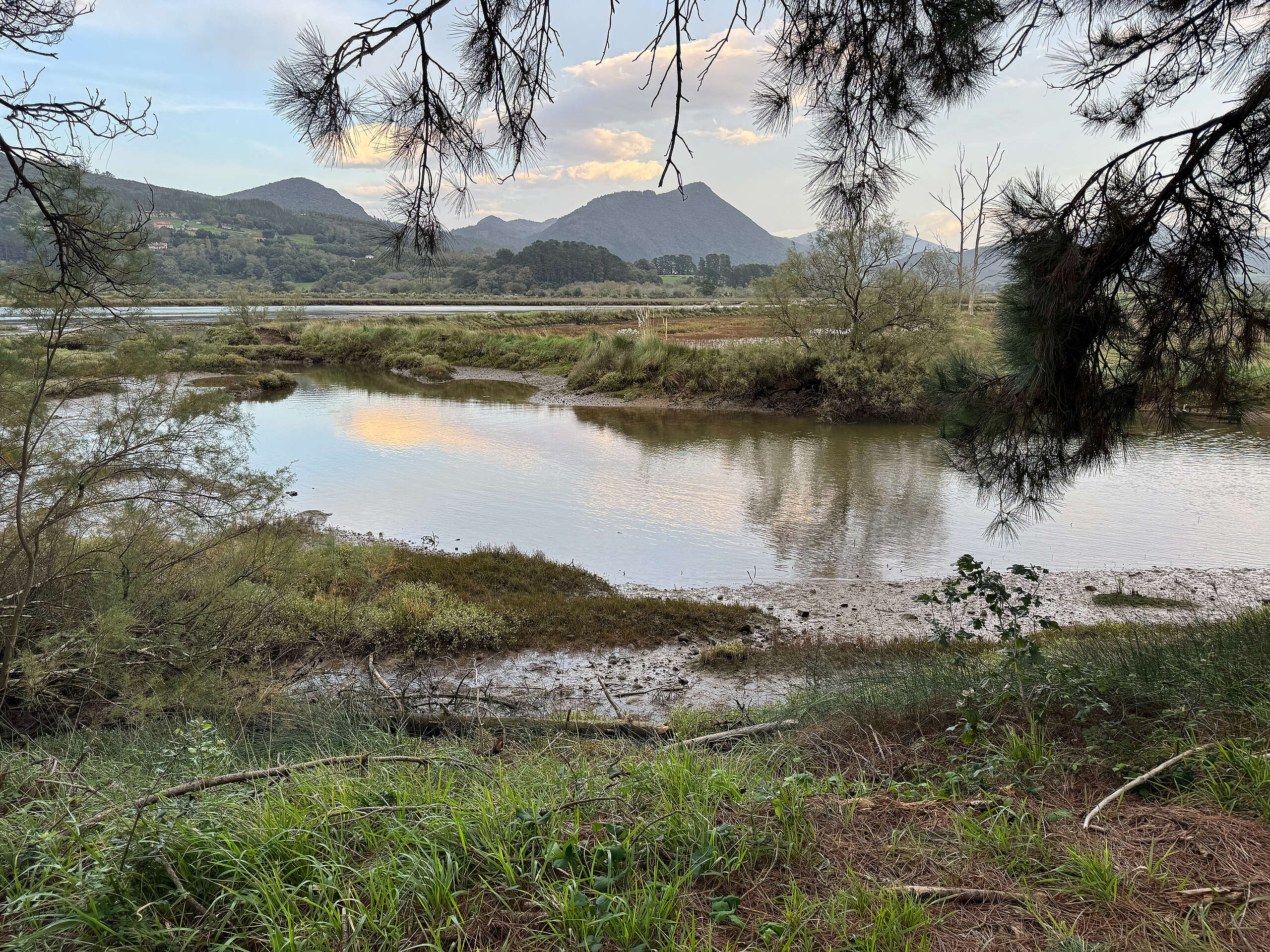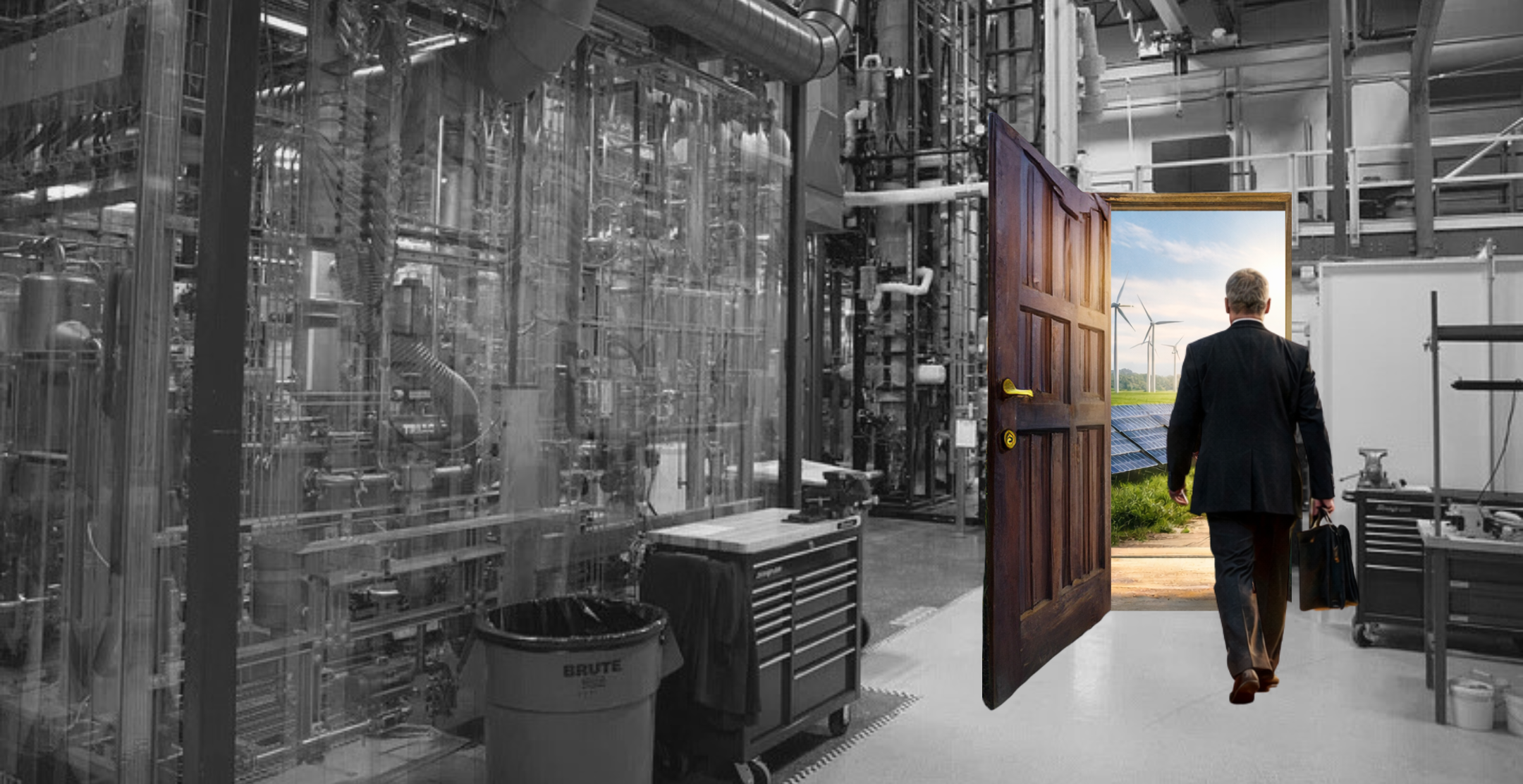Our Prime Minister loves his hockey metaphors, so here’s one he should keep in mind as he finalizes his ‘climate competitiveness strategy’:’ If you are serious about winning the Stanley Cup, you don’t trade away your star forwards because you’ve got a good goalie.
But that’s exactly what’s in the works. Borrowing from the Conservative election platform, Carney has traded away his star forwards: he has abandoned the consumer carbon price (the tax that got “axed”), passed legislation to exempt “projects of national interest” (including fossil fuel expansion projects) from environmental laws and put the regulation promoting electric vehicles on ice. He has hinted that his star defencemen – the oil and gas emissions cap and north coast oil tanker ban – are on the trading block, as part of a potential ‘grand bargain’ to enable a massive new oil sands pipeline.
The only major climate change policy the federal government appears committed to keep is the federal industrial carbon pricing system (the goalie). The industrial carbon price is important and needs to be strengthened because it is very good at doing some things like cutting emissions from existing industrial operations. But there are necessary things that it doesn’t do well – like convincing North American car companies to make affordable electric vehicles rather than gas guzzling SUVs, or getting solar panels on your roof.
Moreover, the industrial carbon pricing system is useless if the federal government isn’t willing to enforce it. Right now, Saskatchewan is refusing to collect it altogether and Alberta has weakened their industrial carbon pricing system so much that there is little incentive for companies to reduce emissions.
Carney will be announcing his climate competitiveness strategy tomorrow, as part of the federal budget. This is the same day that the United Nations Environment Program will publish its annual Emissions Gap Report that will (once again) say that member nations (particularly rich countries like Canada) aren’t doing enough to avoid dangerous levels of global warming.
These tools, policies, and projects may not feel like they impact our day-to-day lives. The climate change-driven extreme weather that is driving up home insurance and food costs also fuels the wildfires that are driving people from their homes from coast to coast and the more frequent and longer heat waves that can cost the most vulnerable their lives. Meanwhile, Jamaica and other Caribbean countries are reeling from the destruction caused by Hurricane Melissa this week.
This is what is at stake. We need strong climate action now – and have the opportunity to be a climate solutions leader – if we want to protect ourselves and our children and grandchildren against these life-altering impacts.



